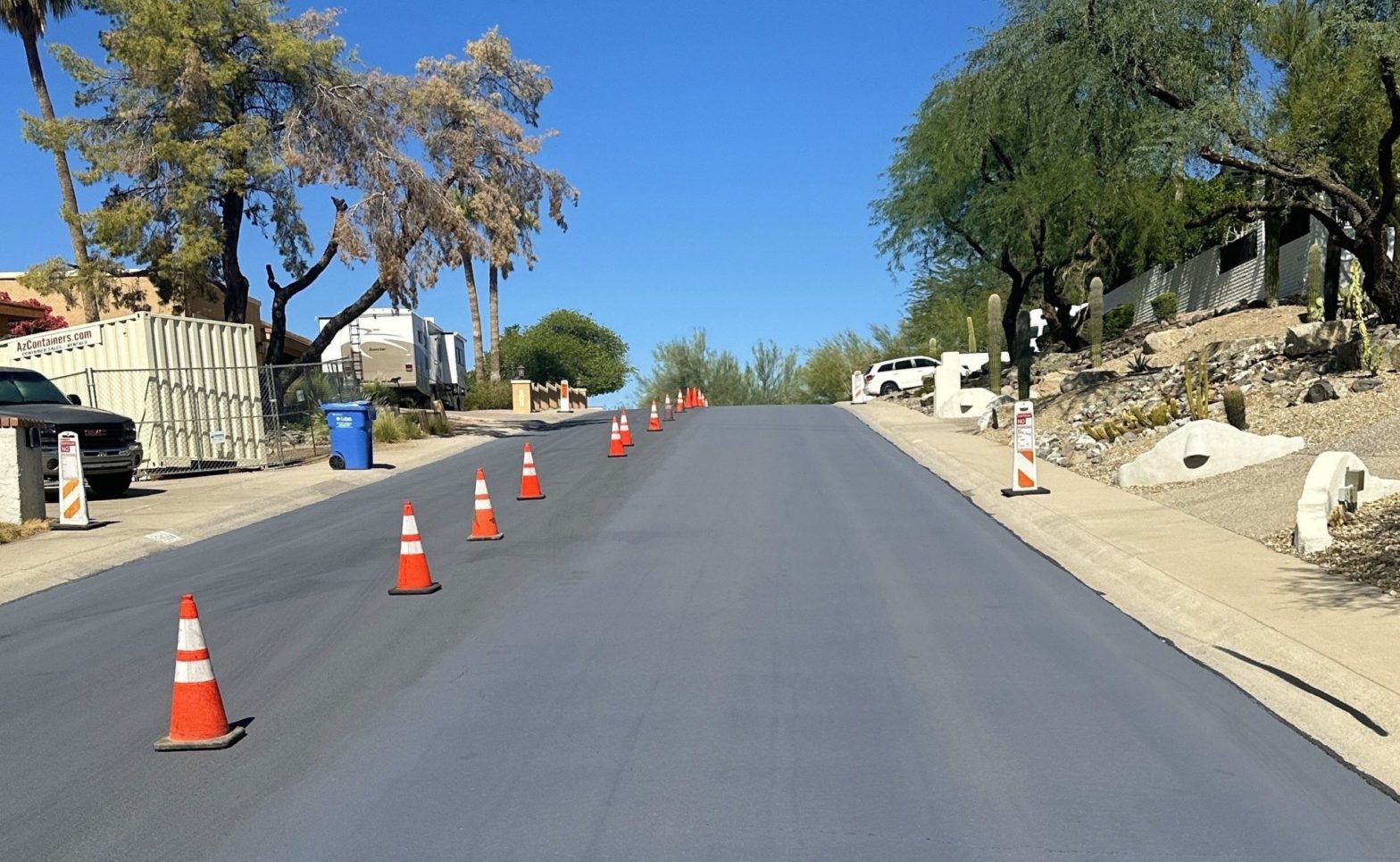
Photo: Laura
Three things cities must do to finance resilience
15 June 2016
by Jonathan Andrews
By Laura Kavanaugh, Programme Manager, Resilient Cities, ICLEI
Never before has there been such an interest in the concept of urban resilience. With the signing of the UNISDR Sendai Framework on Disaster Risk Reduction and the UNFCCC Paris Agreement, cities and other local levels of government have not only been recognised as key actors in resilience- building processes; they have also received a mandate to act–and act fast.
Cities are ready for this: they are determined to pursue ambitious plans that will allow them to face the future coincidently, while providing opportunities for sustainable urban development.
However, there are at least three main challenges that prevent urban resilience projects from being implemented, replicated and scaled up as rapidly as the world needs, all of which relate to access (or lack of access) to financial resources.
The first challenge is posed by the current set of available financial instruments, which often do not match the real needs on the ground. Complex resilience projects may involve replacement of infrastructure, reconfiguration of waterways, resettlement of communities in high-risk areas, and other hard or social interventions. These types of projects are often unattractive to investors as they over limited returns in the short-term and require a much longer investment horizon. The insurance and banking sectors have begun developing new approaches, but much still needs to be done in this respect to accommodate multi-faceted resilience projects.
The second challenge is access to finance and control over spending. At the moment, most funding from bilateral development agencies or multilateral financial institutions for urban resilience must be channelled through and guaranteed by national governments. For example, cities often do not have credit ratings and are therefore unable to borrow money directly on the market. Therefore, when it comes to fulfilling their increasingly mandatory commitments on resilience and urban livelihoods, cities hit a barrier: they have plans but no direct access to funds to implement them nor enough control over how available budgets are spent.
One way to overcome this is to allow for greater vertical integration between national and local governments: local leaders and civil servants should be empowered to design plans, access national and international funding opportunities, as well as to control budget and implementation. Another is to introduce direct funding lines for municipal governments.
The last and crucial challenge is capacity building. Cities need better tools to make informed investment decisions and design bankable, insurable projects. They have plans and priority actions, but they still need to be trained to implement and finance them successfully.
To fund their resilience-building initiatives, local governments need to go through the following steps:
- Identify the financial needs of the project and prioritise areas for investment. This is something that requires knowledge of the available financial instruments and advanced project management skills. Partners including private sector stakeholders could play an important role including during the planning process in assessing the feasibility of the projects as well as in advising on where to focus the investments and on which financial channels can be used to provide funding.
- Design bankable projects, focusing on how to increase the potential for cooperation with international financing institutions, private investors, and businesses. Cities need to design projects in a way that would increase their chances to find a match with available funding opportunities.
- Get projects funded. This includes directly pitching projects to potential funders, banks, multilateral institutions, and private sector partners. This is where international NGOs and networks such as ICLEI can play an important role in matchmaking and increasing the visibility of projects such as the 120 Transformative Action Programme (TAP) projects that ICLEI launched at COP21.
At the Resilient Cities Congress 2016, taking place in Bonn from 6-8 July, our second Financing Resilience Forum will explore in more depth these crucial issues, providing an opportunity for experts, business leaders, funders and civil servants to share ideas and solutions on how to accelerate and scale up funding for urban resilience.








